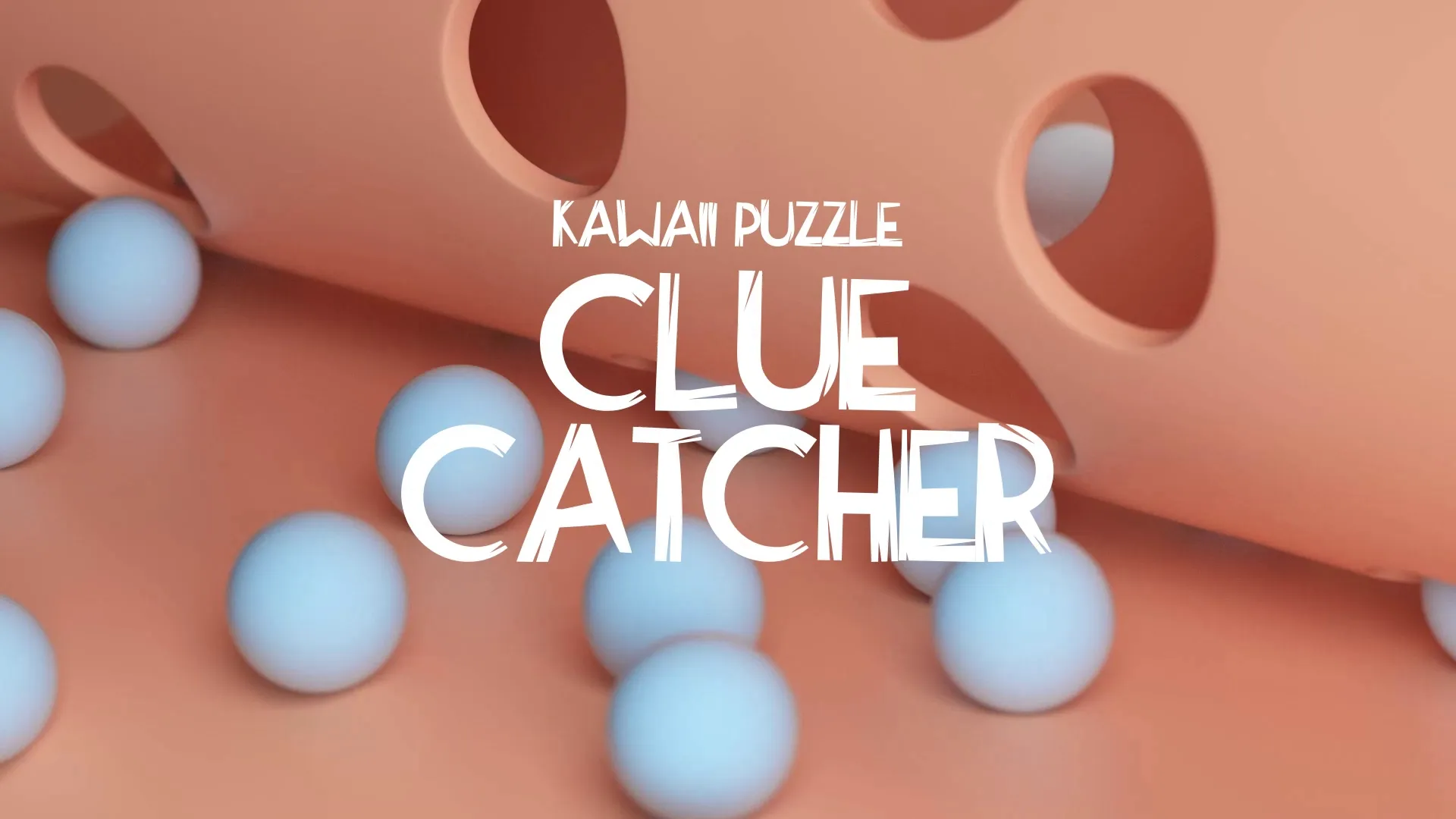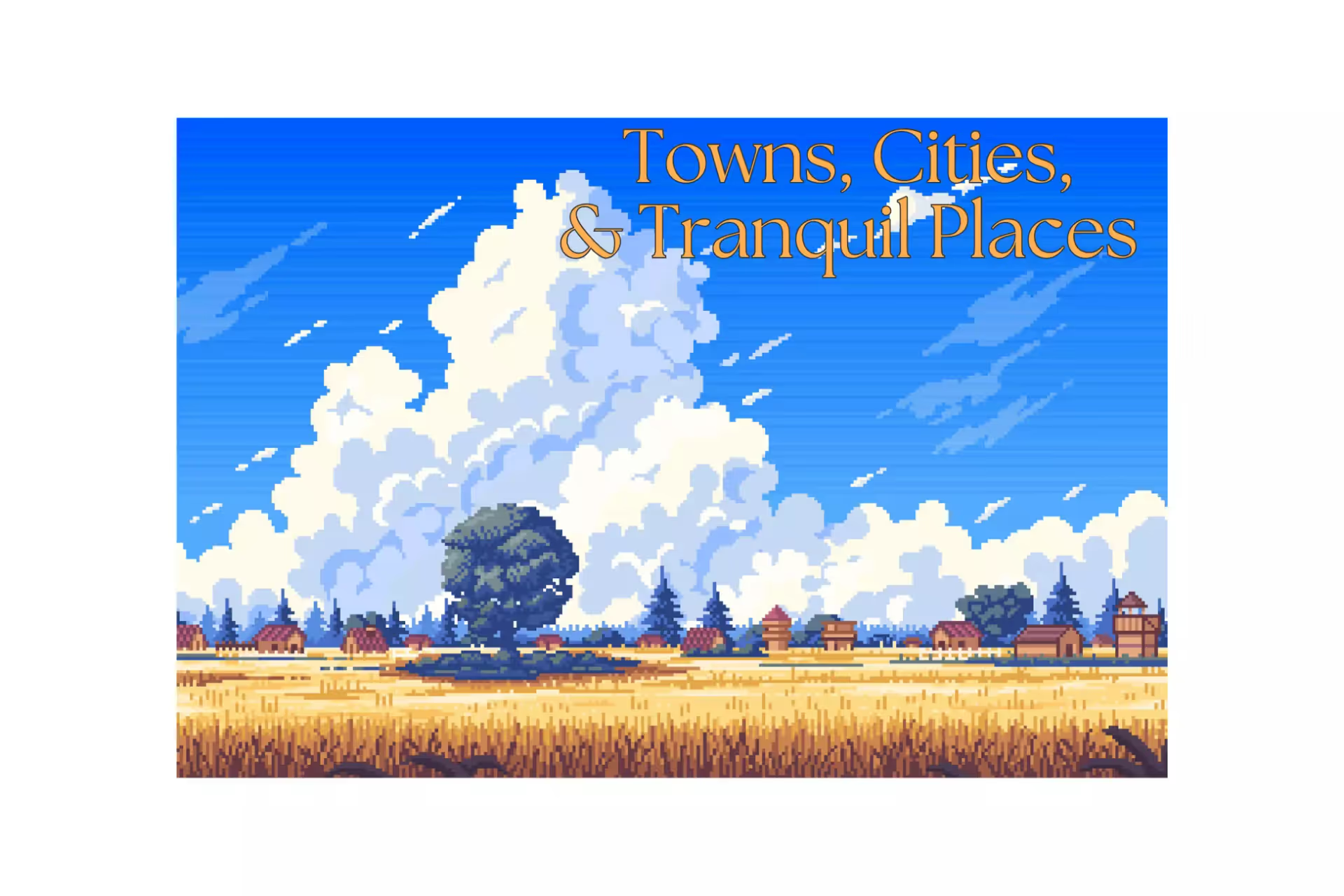Validate Game Ideas Before Development: Turn Vague Concepts into Profitable Projects
Developing a game without validating its core concept is a significant risk, often leading to wasted time and resources. Many indie developers jump into production with a vague idea, only to discover a lack of market interest or monetization potential much later. Early validation transforms uncertain concepts into viable, profitable ventures.
Define Your Core Loop and Unique Selling Proposition
Before any coding begins, clearly articulate your game’s core gameplay loop. What actions will players repeatedly perform, and why are they engaging? Simultaneously, identify your unique selling proposition (USP): what makes your game stand out from others in its genre?
This clarity helps you communicate your vision and assess its novelty. A strong USP is crucial for market differentiation and attracting an audience.
Research Your Target Audience and Niche
Understand who your game is for. What demographics, interests, and existing game preferences define your ideal player? Researching forums, social media groups, and competitor communities can provide valuable insights.
Identifying a specific niche, even a small one, allows for targeted marketing and a more dedicated player base. Broad appeal is often a myth; focus on serving a specific segment well.
Analyze Market Trends and Competitors
Examine the current gaming landscape for similar titles and emerging trends. What games are performing well, and why? What are their monetization strategies?
Analyzing competitors is not about copying but understanding successful patterns and identifying gaps. Look for underserved player needs or innovative mechanics that haven’t been fully explored.
Gather Early Feedback with Low-Fidelity Prototypes
Do not build a fully functional game to test an idea. Instead, create low-fidelity prototypes using paper, simple art assets, or even existing game engines with placeholder graphics. These prototypes should focus solely on testing your core loop and USP.
Share these prototypes with your target audience for qualitative feedback. Observe their reactions and listen carefully to their critiques. Iterative testing at this stage is inexpensive and highly effective.
Consider Monetization from Day One
Profitability should not be an afterthought. Integrate monetization considerations into your idea validation process. How will your game generate revenue? Is it premium, free-to-play with in-app purchases, or subscription-based?
Different genres and target audiences respond to different monetization models. Research what works for similar successful games and assess if your game’s design naturally supports a chosen model. For a realistic projection, Wayline’s Forecast tool can help estimate revenue and potential profits early in the process.
Validate Your Marketing Hooks
Beyond gameplay, validate how you will talk about your game. What headlines, taglines, or screenshots resonate most with your audience? Test different marketing messages on social media or in small focus groups.
Effective marketing begins with understanding what excites your potential players. A great game with poor marketing validation struggles to find an audience.
Create a free account, or log in.
Gain access to free articles, game development tools, and game assets.























